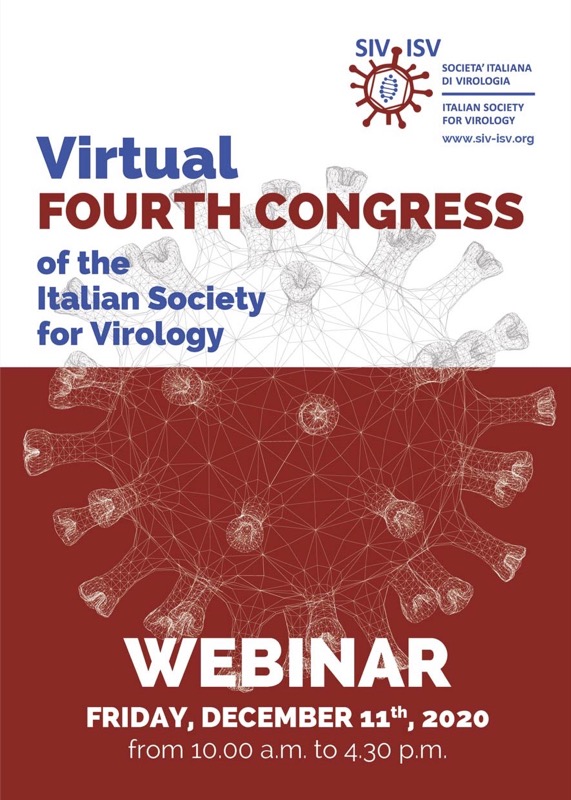The coronavirus disease-19 (COVID-19) is caused by the severe acute respiratory syn- drome coronavirus 2 (SARS-CoV-2). The SARS COV-2 virus and the COVID 19 disease were unknown before the outbreak began in Wuhan, China, in December 2019. The outbreak rapidly evolved, affecting other parts of China and other countries worldwide. On 30 January 2020, WHO declared that the outbreak of coronavirus disease (COVID- 19) constituted a Public Health Emergency of International Concern and 11 March 2020, the Director General of WHO declared the COVID-19 outbreak a pandemic. The long incubation period of this new virus, which is mostly asymptomatic yet contagious, is a key reason for its rapid spread across the world.
Currently, there is no worldwide-approved treatment for COVID-19. Therefore, the cli- nical and scientific communities have joint efforts to reduce the severe impact of the outbreak. Research on previous emerging infectious diseases have created valuable knowledge that is being exploited for drug repurposing and accelerated vaccine de- velopment. However, it is important to generate knowledge on SARS-CoV-2 mecha- nisms of infection and its impact on host immunity, to guide the design of COVID-19 specific therapeutics and vaccines suitable for mass immunization.
The SARS-CoV-2 is a new strain of coronavirus, and the scientific community is rapidly gaining tremendous knowledge about this virus. Understanding of individual and po- pulation-level immunity to SARS-CoV-2 remains incomplete and developing reliable serological assays to detect previous infection has been an intense focus of the global scientific effort. Prevention of SARS-CoV-2 new infections may be the most effective approach, not only to prevent COVID-19 but also to block the spreading of the virus worldwide. Since the end of 2019, large efforts on multiple strategies are being adop- ted for the SARS-CoV-2 vaccine development. The development of a COVID-19 vaccine suitable for mass immunization is urgent and companies and research institutes have already reported the development of more than 115 vaccine candidates.Reorientation of research at many academic and industrial institutions is also currently in place, taking advantage of already existing knowledge and experience in fighting previous infectious diseases that may bring new solutions to the COVID-19 pipeline.
Thus, the large amount of information generated and reported in the last months raises the need for a consensus analysis, which is the rationale of this meeting.

